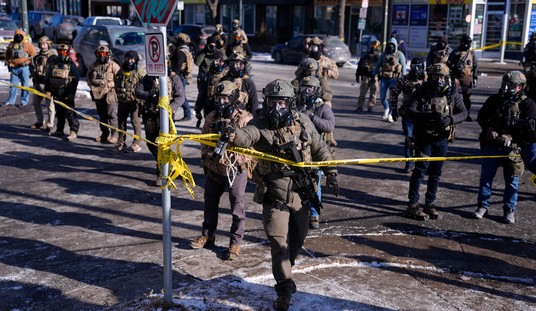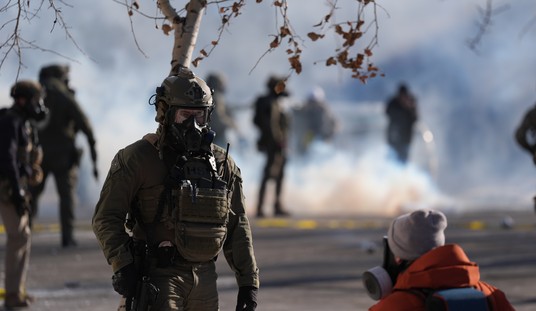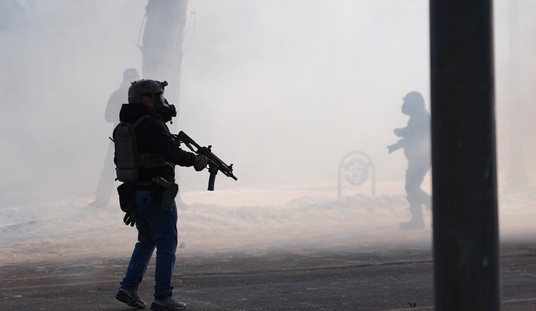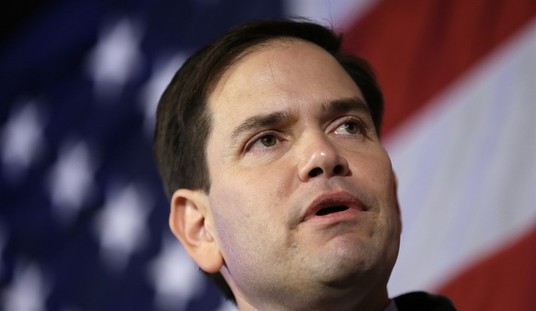By “quiet” the speaker means that there have been no sounds of explosions or gunfire for a few hours. Those sounds are now part of normal daily life in Baghdad while “quiet” is a state that invites amazement and suspicion. In this city it’s usual to respond to the above question with “Let’s hope it stays like this.”
My Baghdad neighborhood today was “quiet” compared to the last few days; but Baghdad is a big city and a Baghdadi gets to hear about most incidents through TV or radio just like everybody elsewhere in the world. The difference is that for us Baghdad news is local news. For example, today I heard about fighting in Dora where 10 insurgents were arrested; I heard that 8 more were arrested in Latifiyah; I heard that Iraqi forces are now in control in Haifa street. I heard all of that but I saw or heard nothing about these incidents firsthand.
The news also said that many of the 35 suspects who were arrested yesterday in Haifa street are not Iraqis, but more significant than that was the discovery of a large weapons cache in al-Karkh high school, the very school Saddam went to back in the 1950s.
Away from the streets the biggest battle I saw today was aired live on TV — the latest session of the parliament that witnessed loud arguments between some of the MPs, during which the speaker decided to cut media transmission from the hall.
Before it was cut off, PM Maliki spoke to the parliament to explain the goals and strategy of his new plan and to hear their feedback, suggestions and reservations.
Maliki’s speech was sharp and straightforward. He stressed that the Baghdad plan was not directed against one faction over the other. He called it a plan “enforce the law” and said it would use force to apply the law against those who kill Iraqis and displace them from their homes.
Maliki didn’t forget to criticize the media that accuse the plan of being impartial and he asked the local media to support the plan and encourage the citizens to cooperate with the authorities.
Maliki’s most important warning was when he said that no one and no place would be immune to raids. Mosques (Sunni or Shia), homes or political offices will all be subject to searches and raids if they are used to launch attacks or hide militants.
He added that the government will soon begin an operation to arrest anyone who occupied homes belonging to displaced families, and described such occupation an attempt to make displacement a permanent situation.
The parliamentary majority was supportive of Maliki’s approach but of course there were voices that criticized his plans and threw all sorts of accusations in his face. The Sadrists objected the arrest of some of their colleagues. Others complained that the participation of the Multi-National Force is wrong and would undermine the sovereignty of the government.
The biggest argument was when a Sunni cleric MP harshly criticized what he called a policy to target only certain parts of Baghdad (apparently referring to Haifa street and Latifiyah), and said the troops were killing civilians. The MP told Maliki that “We’ve lost trust in you as a head of the state….” An uproar began with many shouting from their seats. The cleric continued his verbal attack and the speaker tried to silence him by telling him he exceeded his time limit. He wouldn’t stop. The speaker then shut off the cleric’s microphone.
Maliki returned fire saying, “You in particular will regain your trust in this government when we send your file to a court of law. You talk about Latifiyah when you know, and everybody knows, that terrorists are right now holding 150 innocent citizens hostages in that city”.
This direct threat was met by applause from the members of the UIA.
The speaker (al-Mashhadani) didn’t like this response from Maliki and turned to the lawmakers and said “You applaud this? The Prime Minister is openly accusing one of your colleagues of being a terrorist and you applaud! This is unacceptable!”
The session descended into chaos with members in white and black turbans shouting at each other. The speaker lost his patience and screamed back “Enough of this sectarian speech making! You will set the streets on fire! How are we going to succeed if we’re divided like this?”
We don’t know what happened later but it seems the situation escalated beyond that and pushed al-Mashhadani to cut the transmission.
These fights inside the parliament always frighten me because they all too soon roll out of the Parliment and transform themselves into car bombs and tortured bodies.
The weird and ironic finale to the whole argument we witnessed is that — after all the tension we saw on TV — , the state TV news line later reported that the parliament approved the Baghdad plan unanimously.
Now it is quiet again. Too quiet.









Join the conversation as a VIP Member